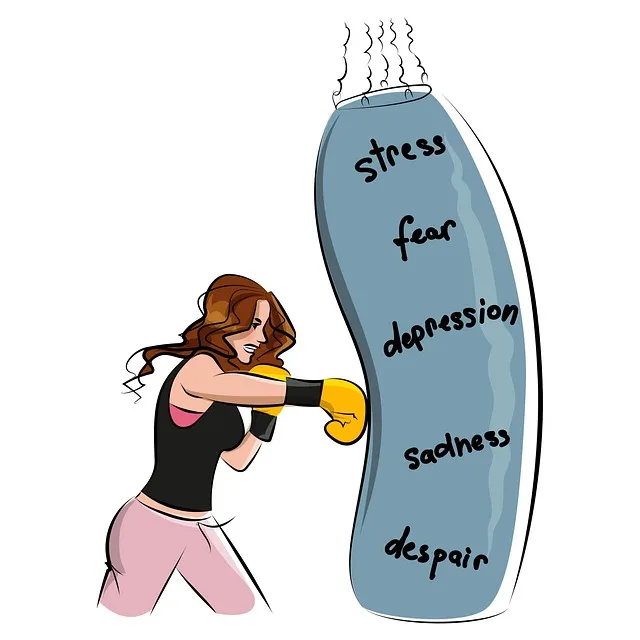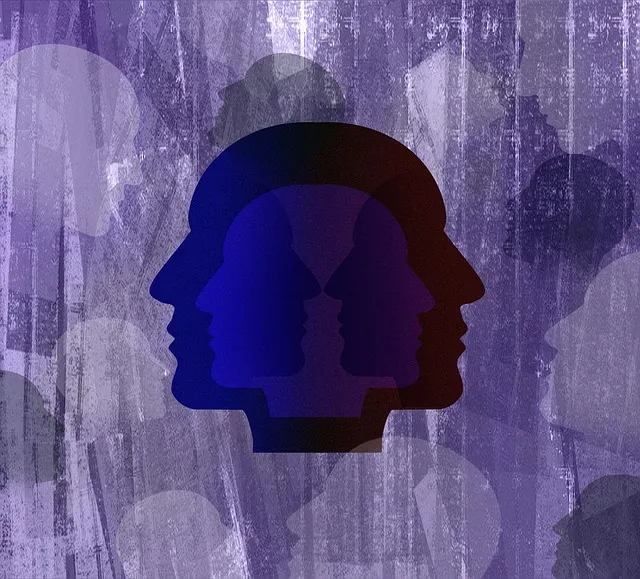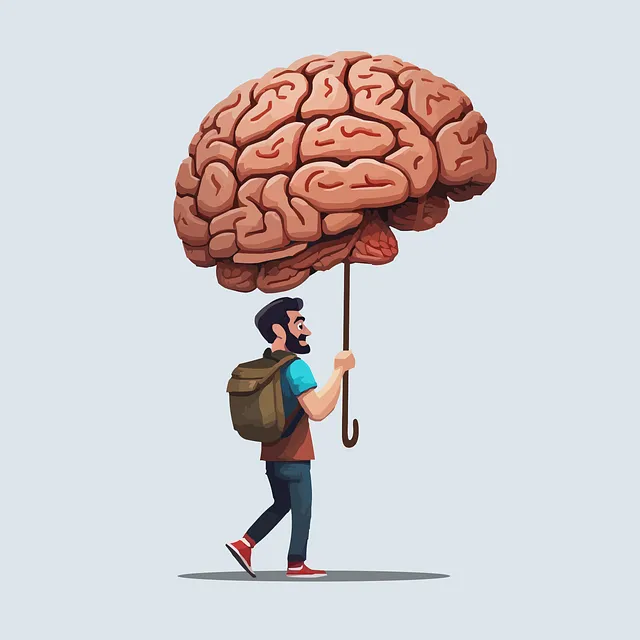Lone Tree residents have access to comprehensive mental health support through Kaiser, including social skills training programs focused on empathy, communication, and conflict resolution. These structured initiatives target social anxiety and isolation common in individuals with anxiety or depression, empowering them to engage in communities. Kaiser's tailored services, accessible remotely, combine therapy, medication management, and specialized practices like Compassion Cultivation, promoting holistic healing and reducing professional burnout.
Social skills training is a powerful tool in managing mental health conditions, fostering better relationships, and improving overall well-being. This guide explores the significance of such training, particularly for residents of Lone Tree seeking mental health support through Kaiser. We’ll navigate their services, offering practical strategies to enhance social interaction skills. Learn how to build confidence, improve communication, and connect with others effectively, all vital steps in your mental health journey.
- Understanding the Importance of Social Skills Training for Mental Health Conditions
- Navigating Kaiser's Mental Health Services: A Guide for Lone Tree Residents
- Practical Strategies for Developing and Enhancing Social Interaction Skills
Understanding the Importance of Social Skills Training for Mental Health Conditions

In the realm of mental health support, social skills training stands as a powerful tool often overlooked. For individuals navigating conditions like anxiety or depression, social interactions can feel daunting, leading to isolation and exacerbating symptoms. Here at Lone Tree, we recognize that learning effective communication, empathy, and conflict resolution strategies is not just beneficial—it’s essential for managing mental health effectively.
By participating in structured programs, whether through Kaiser or local Stress Management Workshops Organization initiatives, individuals can gain the confidence to engage in social settings. This proactive approach doesn’t merely address symptoms; it empowers folks to navigate relationships, reduce Burnout Prevention among mental health professionals, and foster a sense of community—all vital aspects of holistic healing.
Navigating Kaiser's Mental Health Services: A Guide for Lone Tree Residents

Lone Tree residents seeking mental health support through Kaiser have a variety of options available to them. Navigating these services can be challenging, especially for those new to the system. The first step is understanding that Kaiser offers an array of programs designed to meet individual needs, from therapy sessions to medication management and self-awareness exercises. These mental health education programs are tailored to address various conditions, ensuring personalized care.
To initiate this process, residents can reach out to their primary care physician within the Kaiser network, who can refer them to specialists such as psychiatrists or psychologists. Many services can be accessed remotely through online platforms, catering to those who prefer virtual appointments due to stigma reduction efforts or time constraints. With the right guidance, Lone Tree residents can access the comprehensive mental health support they require, fostering a healthier and more supportive community environment.
Practical Strategies for Developing and Enhancing Social Interaction Skills

Developing social interaction skills is a crucial aspect of recovery for many individuals living with mental health conditions. At Lone Tree, Kaiser offers various resources, including specialized training programs that focus on enhancing communication and fostering meaningful connections. One effective strategy is incorporating Compassion Cultivation Practices into daily routines. These practices encourage empathy and understanding, helping individuals navigate social situations with more confidence and less anxiety. By practicing active listening, mindful communication, and expressing genuine interest in others, one can create a supportive environment that reduces the impact of mental illness stigma.
Additionally, structured Social Skills Training sessions can provide practical tools for managing interactions. Role-playing scenarios, group discussions, and feedback sessions allow participants to practice new skills in a safe space. Encouraging open conversations about mental health experiences within these groups normalizes the topic, further reducing stigma. Through such initiatives, individuals learn effective coping strategies, improve their ability to initiate and maintain conversations, and build stronger social support networks. Accessing these services through Kaiser ensures comprehensive care tailored to individual needs.
Social skills training is a valuable asset for individuals managing mental health conditions, offering practical tools for navigating social interactions. For Lone Tree residents seeking support, understanding Kaiser’s mental health services and employing practical strategies can significantly enhance well-being. By combining these resources, folks in this community can foster meaningful connections and improve their overall mental health journey.






